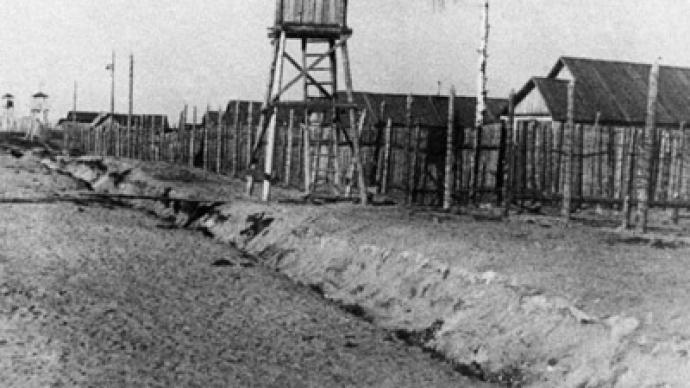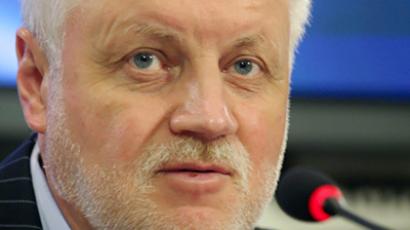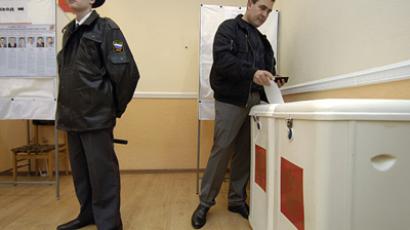Human Rights Council fights for survivors of political repression

Pointing to the brutal repressions of the Soviet years, the Presidential Council on Human Rights and Civil Society Development wants more to be done in the rehabilitation of former political prisoners.
The meeting, dedicated to the 20th anniversary of the law on rehabilitation of victims of political repressions, was focused on strengthening the law and making it easier for former prisoners to win settlements. According to Nezavisimaya Gazeta, the participants of the meeting specifically mentioned the creation of an amendment that would give former political prisoners the right to receive compensation for moral damages, which the current law does not provide for. Another problem brought up at the meeting focused on the struggle with bureaucratic red tape in order to win a settlement.Many victims of political repression, and their families, must wait many years before they receive compensation for their losses.“I have been waiting many years to receive compensation for the wrongful charges brought against my parents,” said Irina, who claims her mother and father were imprisoned in the Stalin period only to be cleared of the charges after the collapse of the Soviet Union.“We lost everything,” she said, speaking on condition of anonymity. “We were forced to leave our home in Moscow and move to the outskirts of a small town in Siberia. My brother and I are still waiting to receive compensation, and hopefully the return of our property.” The council members suggested cancelling the three-year waiting period for filing a request for compensation on confiscated property of formerly convicted individuals. As far as rehabilitating individuals scarred by their experiences, the council called for funds from the federal budget rather than on the regional level, as is now the case. “The state has withdrawn itself from solving problems of those victims of state terror who are still alive,” stated Ludmila Alekseeva, head of the Moscow Helsinki Group. She added that it is unacceptable to shift this obligation on regional authorities because “it was the state which started those repressions.” The council also touched upon the instructions President Dmitry Medvedev gave to council members during a visiting session in Nalchik in July, which included migration issues and finding those still missing in action from the Chechen campaigns. According to the estimates of the Prosecutor General’s office, around 32 million people were subjected to political repressions during Soviet times, 13 million of which happened during the Civil War of 1918-1920. Under the Stalin regime, wives of men found guilty of political crimes were sent to labor camps for at least 5–8 years, according to Amendment 58 of the Soviet Criminal Code, while "socially dangerous" children were placed in labor camps, corrective labor colonies, or special-regimen orphanages, depending on their age.The Commission on Rehabilitation of Victims of Political Repression has been leading constant work to establish the identities of those repressed, the names of who are published in The Book of Memory of the Victims of Political Repressions, which exists both in electronic and print forms. It is updated on a regular basis and serves as the main reference work for human rights activists.














